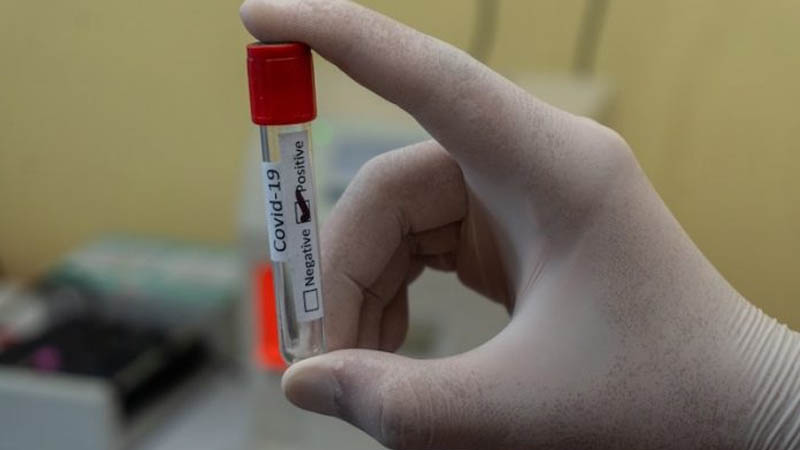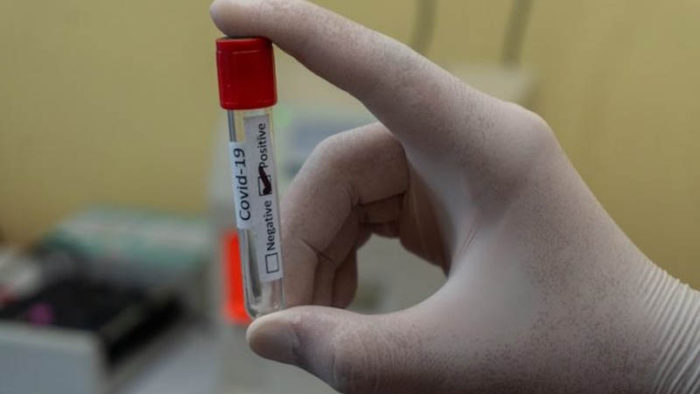The AI-driven software has also been successful in extending the shelf stability of vaccines sixfold, even when exposed to body temperatures. This ability could have a significant impact on immunization efforts worldwide, particularly in hotter regions of the world where cold storage is challenging.
The LinearDesign algorithm could also have potential beyond vaccines and help design potent new cancer treatments. MRNA medicine refers to a new class of drugs and vaccines that teach the body’s cells to produce a protein that triggers an immune response against a specific pathogen, such as a virus, using a small piece of genetic material called mRNA.
BioNTech holds the patent rights to an mRNA vaccination platform designed to protect against allergens such as grass pollen and house dust mites. However, mRNA medicine comes with its own challenges, including stability and effectiveness.
The researchers discovered that single-stranded mRNA is more easily cut down or degraded into segments, resulting in the mRNA being unable to pass the full message on to the cells.
The goal is to keep the mRNA intact at its full length, and to achieve this, the messenger RNA has to be as compact as possible, folding and looking more like double-stranded DNA.
The LinearDesign algorithm, which uses a 1961 algorithm called lattice parsing, can create “the most stable COVID-19 mRNA vaccine” in just 11 minutes. Running all the possible combinations that the AI algorithm did to find the most stable vaccine would have taken humans “the life of the universe.”
The researchers predict that the LinearDesign algorithm will make mRNA technology even “more popular than it currently is,” and Sanofi has already licensed the technology. Scientists are optimistic that mRNA technology will replace traditional vaccines in the next decade.


